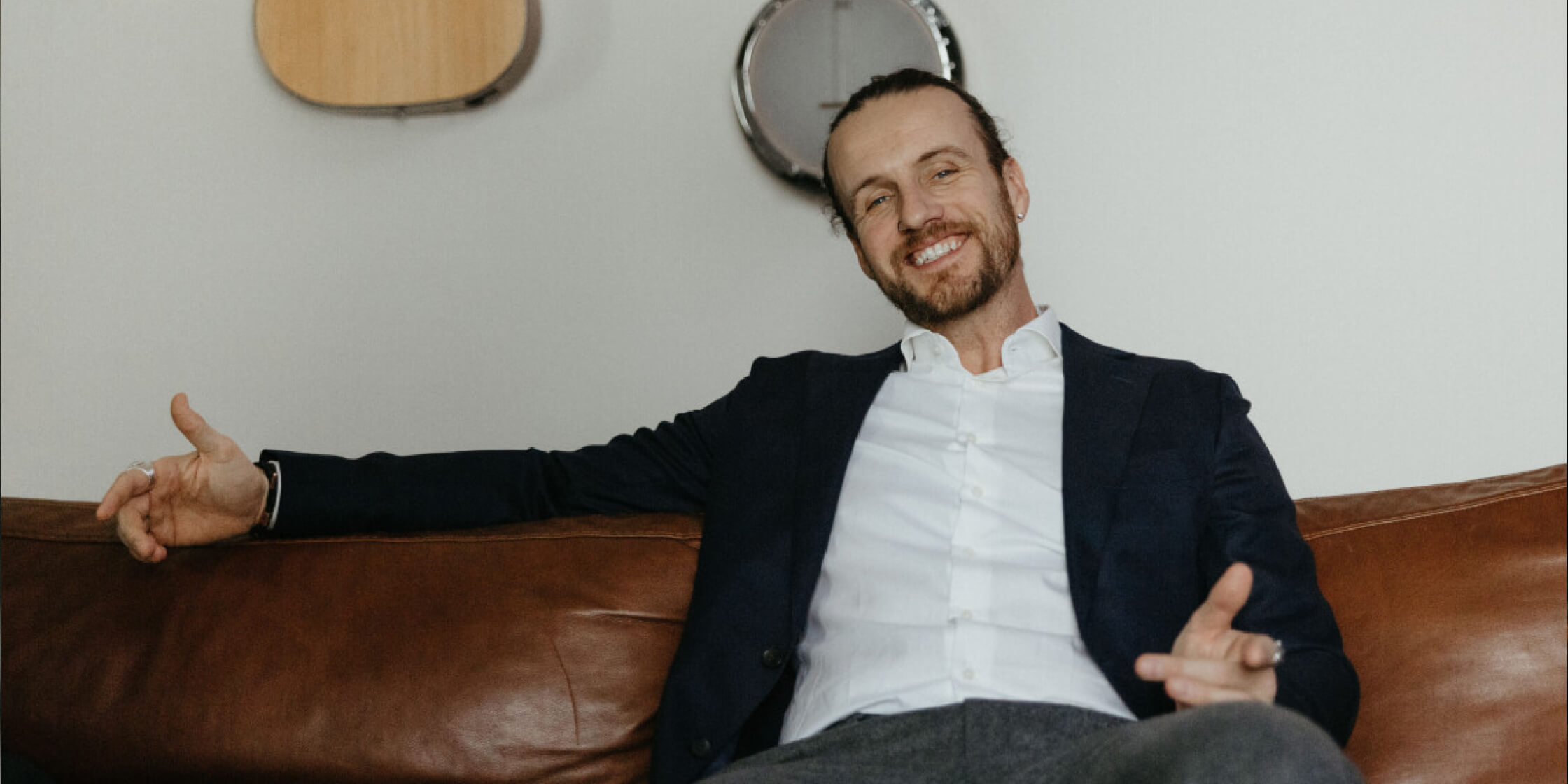You Want to Know Why You’re Unhappy?

Now, someone walks by. Maybe they’re Black. Maybe they’re gay. Maybe they’re transgender. Maybe they’re overweight, or disabled, or visibly different in any number of ways. Let’s just say they’re part of a group society labels “marginalized.”
I don’t say anything. But I glance in their direction. My face still unreadable—maybe it even looks annoyed or disgusted. But here’s the thing: I’m not looking at them. I’m not even thinking about them. I’m in my own head. They just happened to be in my path at the wrong moment.
Now, let’s shift.
From their perspective, that glance becomes loaded. Suddenly, my passing expression—one born of fatigue, distraction, or stress—becomes something else entirely. It becomes a judgment. A microaggression. A confirmation of what they’ve been trained to anticipate. “See? He looked at me that way because I’m [insert identity here].”
And right there, in that moment, a story is written. A narrative is built. I become a villain. They become a victim. And nothing true actually happened.
This is how unhappiness is manufactured—one misread signal at a time.
Scale that dynamic by billions of people, across millions of moments every single day, and what you get isn’t systemic oppression. You get systemic projection. What we’re calling racism, or transphobia, or body-shaming, in many cases, isn’t hate—it’s assumption. It’s insecurity looking for confirmation.
Yes, there are real bigots. Real hateful people exist. But they’re not the majority. Maybe one in a hundred. Maybe less. And frankly, they don’t deserve the airtime we give them. The rest? They’re tired. Distracted. Sad. Human. And yet, we’re taught to see offense in every sideways glance.
There’s an old saying: “Never attribute to malice what can be explained by ignorance.” But I’d take it further: Don’t attribute hatred to what’s probably just someone else’s bad day.
But here’s where it gets worse.
Because of this growing hypersensitivity, we force people—men like me—to fake it. I can’t afford to be neutral anymore. I can’t afford to be in my own head. So now I put on a mask: overly friendly, overly expressive, performatively kind. Not because it’s authentic, but because it’s safe.
But people can sense fake, too.
And now the same person I was trying not to offend picks up on the act. They sense it’s not real. And now they feel patronized. Pandered to. Resentful in a different direction. “Why is he acting like that? Does he think I need special treatment?”
So I can’t win. And neither can they. We’re locked in a feedback loop of insecurity and performance, of silence misread and smiles mistrusted.
You want to know why you’re unhappy?
Because you keep writing stories that don’t exist. Because you keep assuming the world is looking at you when it’s barely even looking up. Because you’ve made your identity the lens for every encounter, and that lens distorts the truth until you can’t recognize what’s real.
The world doesn’t hate you. It’s not even thinking about you. And that’s not cruel—it’s liberating.
Let people walk past you with a scowl. Let them be in a bad mood. It’s not about you.
Until you can do that, you’ll carry the weight of imagined slights. You’ll be constantly offended by things that were never even aimed at you. And worse, you’ll train others to wear masks just to walk past you safely.
And that’s not equality. That’s ego. That’s fear dressed up as righteousness.
Let’s stop mistaking projection for persecution. Let’s stop rewarding hypersensitivity. Let’s rediscover what it means to be an individual—one who can walk through a park, mind their own business, and let others do the same.
That’s how peace begins. Not with protests. But with perspective.
0 Comments